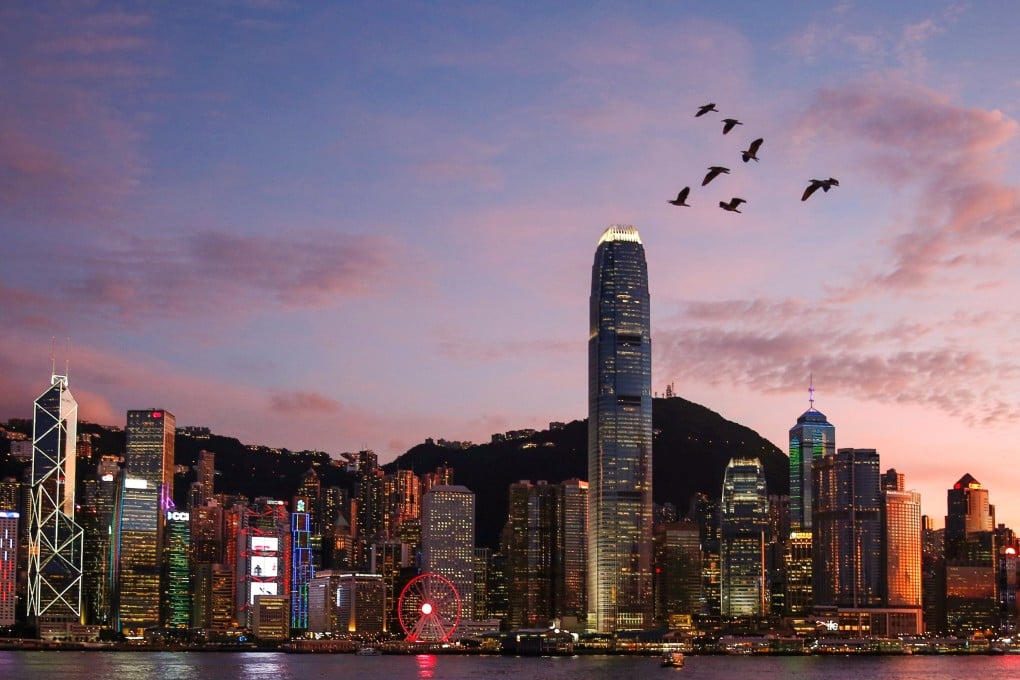National security law: US businesses in Hong Kong increasingly worried about legislation, American Chamber of Commerce survey finds
- Sixty-eight per cent of 183 companies polled say they are now more concerned about new law after details unveiled, but most have no plans to leave yet
- Respondents say new law lacks clarity in language and implementation

More than two-thirds of United States businesses operating in Hong Kong are increasingly worried about the controversial national security law even after details of it were unveiled, but most have no plans to leave, according to a poll by the American Chamber of Commerce (AmCham).
About 68 per cent of the 183 companies AmCham polled said they were now more concerned about the law Beijing imposed on the city on June 30 compared with a month ago when they had not seen the wording of the legislation, adding that the new law lacked clarity in its language and implementation.
Some of our employees have already voted with their feet to leave for safer countries
The firms surveyed represent 15 per cent of AmCham’s members and more than half are headquartered in the US. The business group described the poll as a “temperature test” of members’ sentiments rather than a scientific study.
Some 76 per cent of respondents were “somewhat concerned” or “extremely concerned” about the sweeping measures of the legislation, which criminalises subversion, secession, terrorism and collusion with foreign forces to endanger national security.
“The potential for arbitrary application of the national security law is frightening to many and Hong Kong’s judiciary is powerless to protect the people and rule of law. Some of our employees have already voted with their feet to leave for safer countries. Many others are very concerned and considering their options,” one anonymous respondent said.

04:34
'Don't write off Hong Kong yet' - American Chamber of Commerce president talks city’s future
Another unnamed respondent said: “Vague language makes the law a perfect tool ... and it is already leading to the kind of self-censorship that is so effective at stifling public discourse in China.”